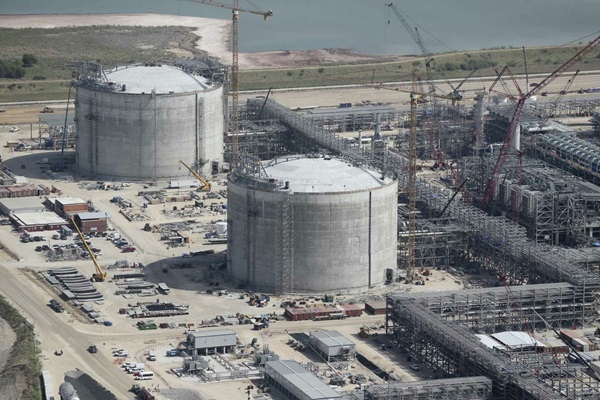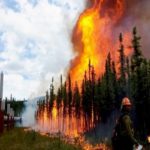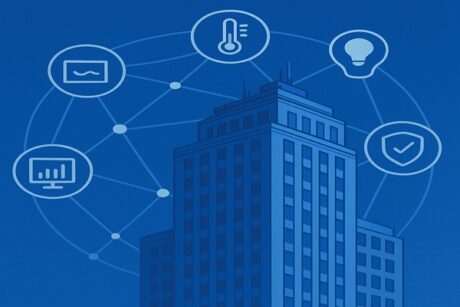- Webinar No WBNR 2001
- PDH Units: 2
No data found for Custom Course Number
No data found for Custom Course Units
- Webinar No WBNR 2001
- PDH Units: 2
Intended Audience:: LNG & Safety Engineers, Operators, and Managers
Credits: 2 PDH Units
When: Wednesday 6/18, 2 - 4 pm ET
This Webinar is intended to introduce Engineers to the safe and reliable management of Liquefied Natural Gas (LNG) Systems.
LNG is the present transition fuel for the energy economy. It has made it possible to trade large quantities of energy worldwide and is even used as the fuel with the highest energy density per weight for space travel. LNG eliminates the need for additional gas pipelines and is available when frigid climatic temperatures render natural gas pipeline supplies inadequate to keep our residential, commercial, and industrial customers warm and productive.
It is an Eco-friendly, cost-effective, and readily available technology for addressing the most pressing energy needs of today.
This presentation is intended to provide you with the insight on how to benefit from this source of energy storage. When all else fails on the coldest days, LNG is there to fill in the gaps. Further, because it is such a compact form of energy, it is ready today to be used as a substitute for natural gas, as a motor vehicle fuel, and to power everything from power plants to cruise ships.
Because it is easy to transport as a liquid, a large part of the U.S. economy has been bolstered in the last 5 years and will continue to be bolstered as the U.S. becomes the major exporter of Produced in America LNG.
If you want to be on the cutting edge as this technology takes off, start with this Webinar as you also collect Professional Development Hours credited towards your Professional Continuing Education requirements as a Professional Engineer.
Learn from the best and be the best. Get on board now while this technology is becoming a dominant force in transforming the world's energy market and challenging established political strongholds. Natural gas is abundant, and this is the cost-effective method of transporting it from its point of production to where it is needed. No longer can countries threaten shutting in pipelines, as LNG can be delivered by tanker ships.
Date: Wednesday June 18, 2025 . 2 - 4 pm ET
Credits: 2 PDH Units
Learning Objectives
At the successful conclusion of this course, you’ll be able to identify and discuss:- General Characteristics of LNG
- Liquefaction and Pretreatment Systems
- LNG tank types, valves, pumps, vaporizers and associated equipment
- Boil-Off Gas (BOG) management
- Transporting LNG
- Uncertainty of measurements
- Safety concerns
- Peak Shavers vs. Base Load applications
- Where natural gas and LNG come from
- What is the difference between natural gas and LNG
- New technologies for enhancing natural gas production
- Flame and vapor characteristics
- Purging gas systems
- Asphyxiation
- BLEVE, Cold, Heat. and Fluid Hammer concerns
- Stratification and Rollover’
- Barometer effects on LNG storage
- Tank construction
- Frost heave prevention
- Flame propagation and flammable zones and flammability concentrations
- Heat radiation phenomena
- Effects of heat radiation
- Siting new LNG plants
- Transporting LNG
- Safety scenarios
By the end of this course, the learner should have a substantial basic understanding of the operational management of LNG and BOG.
<hr)Special Webinar Instructions
<p>After payment, please visit this webinar page, click “Start Course” and fill out the Webinar Registration Form. You’ll receive email notification and details on how to join the webinar. You will then be able to access the webinar slides, test your system and receive webinar reminders. After completing the webinar requirements, your certificate of completion will be saved and available for download in your profile.
We value your feedback! Please rate this webinar after completion.Group Discounts Available
Course Reviews
4
- 5 stars0
- 4 stars2
- 3 stars0
- 2 stars0
- 1 stars0
Once completed, your order and certificate of completion will be available in your profile when you’re logged in to the site.











Interesting course
Good overview, with practical examples that made the material interesting. Thanks!